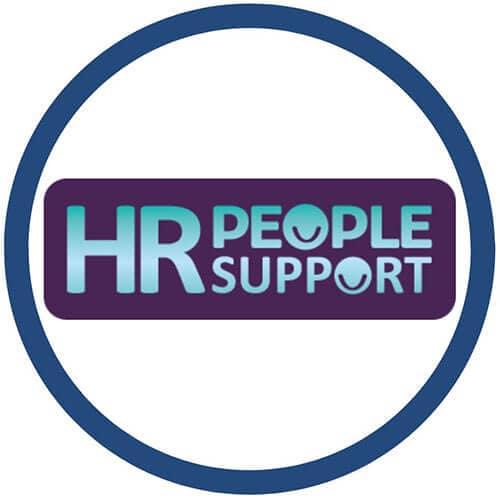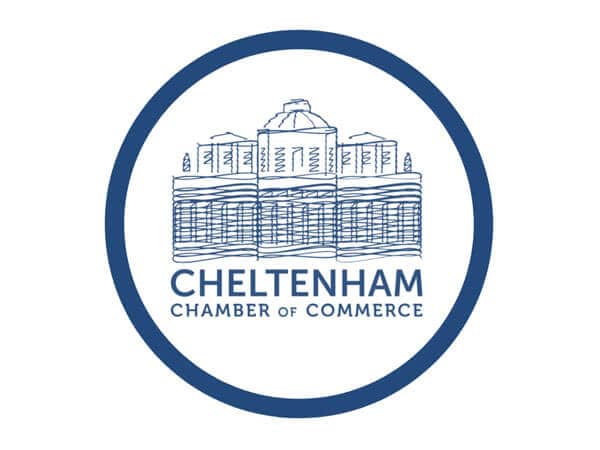On 19 June, the Government published its “Code of Practice for commercial property relationships during the COVID-19 pandemic” (the “Code”).
The voluntary Code will apply until 24 June 2021 and provides that landlords and tenants should act reasonably, swiftly, transparently and in good faith in all dealings with each other. Where needed, the parties should endeavour to come to mutually acceptable alternative arrangements regarding payments due under leases.
The Code emphasises the expectation that tenants who can pay, whether in full or in part, will do so. Equally, landlords who can support tenants by agreeing concessions and still meet their own financial commitments should do so. The intention is to support those in greatest need and maintain development activity which will in turn contribute to our economic recovery.
In the interests of transparency, tenants should be prepared to justify why they need concessions. Although it may depart from the understandable desire to protect commercially sensitive information, this means being prepared to provide such financial information about their business as is appropriate in each particular case. Landlords should agree concessions where they reasonably can and those refusing should be clear with their tenants about why they are doing so, taking into account the information the tenant has provided and their own financial situation.
The Code sets out a number of options for concessions that landlords and tenants may wish to consider, including, but not limited to, the following (in no particular order as to the priority they should be given):
- a full or partial rent-free period for a set number of payment periods;
- a deferral of the whole or part of the rent for one or more payment periods
- the payment of the rents over shorter payment periods for a set time (e.g. monthly rather than quarterly) including provision for their payment in arrears;
- rental variations to reduce ongoing payments to a current market rate and/or to provide for all or part of the rent to be paid as a proportion of turnover of the site, incorporating any period during which the site was closed;
- landlords drawing from rent deposits on the understanding that the landlord will not then require that the deposits be “topped up” by the tenant before it is realistic and reasonable to do so;
- reductions in rent, either in whole or part, across other units occupied by the tenant and owned by the landlord, as part of a negotiated agreement applying to a portfolio of units;
- landlords waiving contractual default interest on unpaid rents or rents paid in arrears to make payment plans more affordable;
- provisions for ending the solutions on a fixed date, or on reaching the trigger point of particular circumstances;
- tenants and landlords agreeing to split the cost of the rent for the unoccupied period between them;
- any of the above in return for other arrangements e.g. a reversionary lease on reasonable terms, the removal of a break right in favour of the tenant, or an extension of the lease.
It is suggested that third party mediation may be required where the parties feel it is possible to reach agreement, but they have been unable to do so. The cost of this should be proportionate and on the basis that each party will bear their own costs.
Insurance and service charges
The Code recognises the importance of buildings continuing to be insured and safely maintained so that they are fit for occupation after the current crisis. Tenants should therefore continue to pay insurance rent and service charges in full, even if this might mean they cannot then pay rent.
From a landlord’s perspective, as insurance rent and service charges should not be profit making, the costs incurred should be reduced where possible. Whilst it is acknowledged that there may be some additional service costs in order to comply with health and safety requirements in light of the pandemic, certain services may be suspended as they are not needed whilst the property is unoccupied.
Spreading the costs over shorter periods and taking any reduction into account immediately rather than at the end of the service charge year will also assist tenants with cash flow. Management fees should also be reduced accordingly.
Do I have to comply with the Code?
Whilst the Code is voluntary and does not seek to change leases or the legal relationship between the parties, any landlord or tenant failing to comply could suffer lasting reputational damage. Widespread non-compliance could also result in legislative action to ensure adherence.
The key message from the Government is that it is in everyone’s interest to act reasonably and responsibly and help each other out in these unprecedented times.
Emma Thompson is a solicitor in Willans’ Legal 500-rated commercial property team. Call 01242 514000 or visit willans.co.uk for more information.












